Escaping America: Embracing African Culture to Discover Self

We traveled to Dar es Salaam, Tanzania to interview Naheelah Best, a creative woman on a mission to reconnect with her African roots. Alongside her husband and son, she was driven by a profound belief that returning to Africa is essential for the well-being of black people.
Naheelah passionately advocates that embracing African heritage is the key to a deeper sense of self and cultural identity, providing a stark contrast to the western societal norms she sought to leave behind.
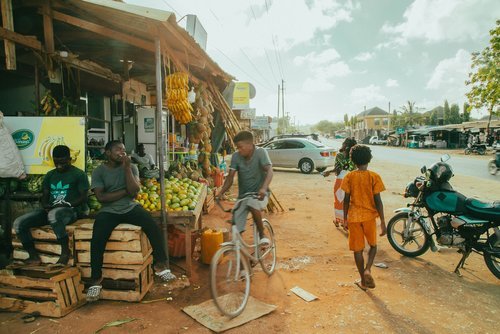

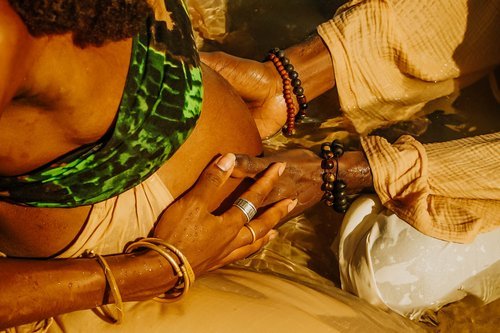
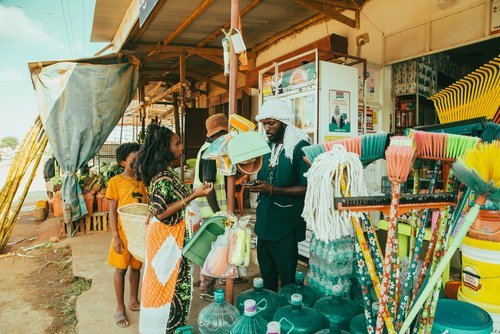

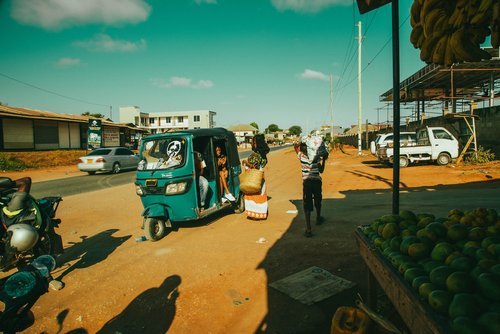
The decision was more than just a change of location, it was a deliberate step toward creating a lifestyle that aligns with their values.
Naheelah’s decision to move to Tanzania was rooted in a desire to be in an environment where her family could thrive culturally and spiritually. She emphasized the importance of breaking free from the societal constructs that, in her view, have often hindered the well-being of black people in western societies.
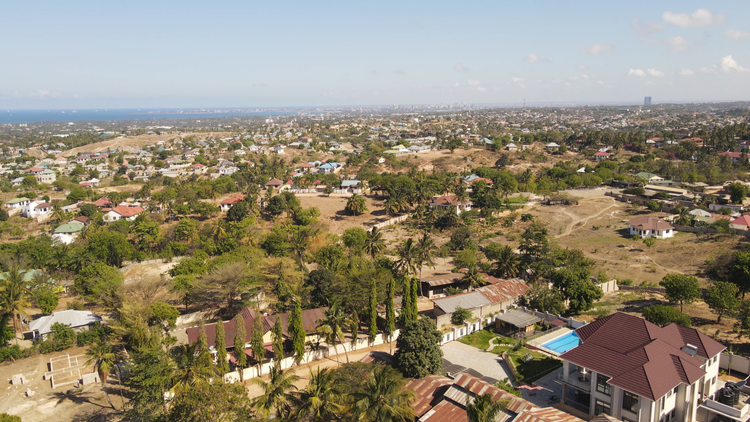

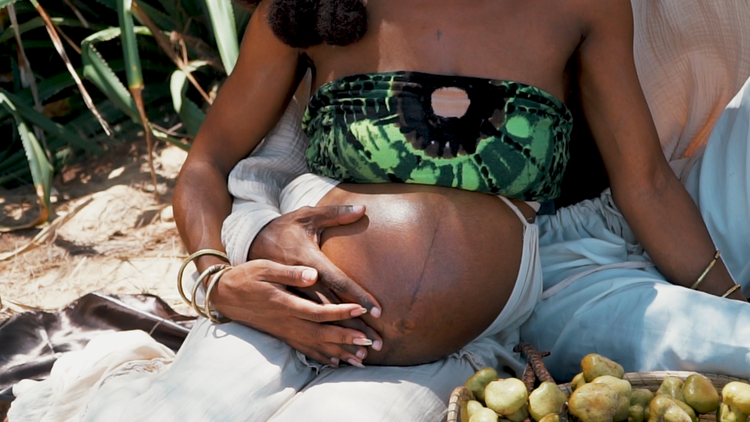
“I believe our family mission is the liberation of our people, evolving ourselves to be able to learn and to grow from each other and to see what’s healthy for us,” Naheelah shared. “We want to show other black families and other black people what health really looks like. Because I think our idea of health in the U.S. is very tainted because we’re around a bunch of unhealthy people. So we don’t really know what it looks like, what it feels and sounds like. So for us, we kind of try to put it into a language, what it means to be in your right mind, in your right spirit, around the right people.”
Naheelah’s conviction extended to her views on childbirth.
She expressed a desire for a natural, at-home birth, influenced by traditional Tanzanian birthing practices. The impending arrival of a new family member only heightened the significance of their decision, marking a pivotal moment in their embrace of African culture.
During our conversation, Naheelah lit up with a sense of purpose. She spoke about the positive impact she believes this journey will have on her family and, by extension, on the broader black community.
The sense of community and support they found in Tanzania reinforced her belief that this move was not only a personal choice but also a contribution to a larger narrative of rediscovery and empowerment.

Her story serves as an inspiration for those seeking a connection with their heritage and a departure from the confines of western societal norms.
